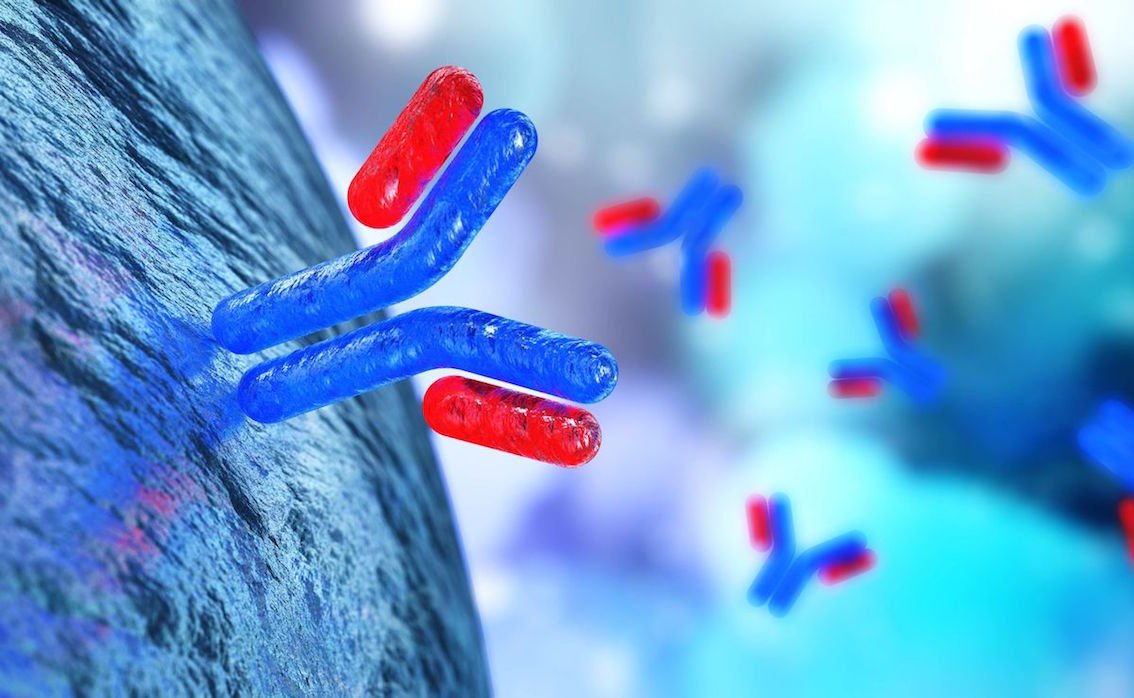
image credit- shutterstock
In a study jointly conducted by the Bio-Safety Level 3 (BSL3) Core Facility at the NUS Yong Loo Lin School of Medicine (NUS Medicine) in Singapore and Beijing Tsinghua University in China, an antibody was found to be capable of neutralising major SARS-CoV2 variants of concern.
As SARS-CoV-2 variants continue to emerge and spread around the world, antibodies and vaccines to confer broad and potent neutralising activity are urgently needed.
In the study, crystal and electron cryo-microscopy structure analyses revealed that P36-5D2, when targeted to a conserved epitope on the receptor-binding domain of the spike protein, withstood three key mutations. These mutations, namely K417N, E484K, and N501Y, are found in variants that escape from many potent neutralising monoclonal antibodies.
The effects of P36-5D2 serve as an important reference for the development of antibody therapies against SARS-CoV-2 and its current and emerging variants. The team is conducting further research to study its effects of protection against the infection of the Delta and Omicron variants.




